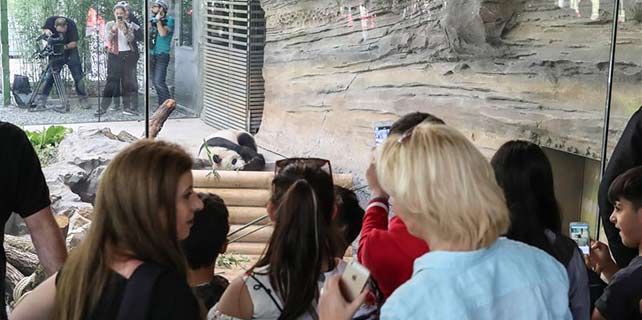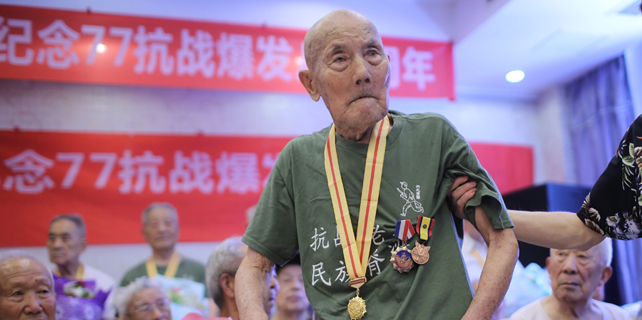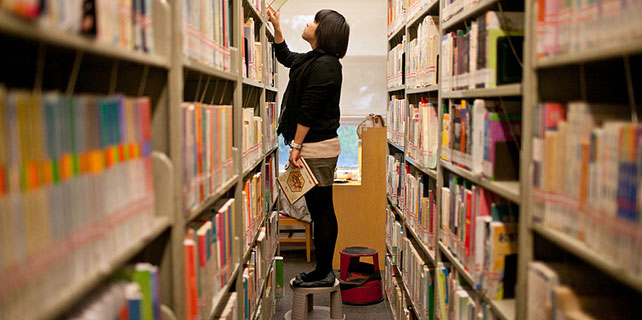More open govt spending
Commenting on the audit report submitted to the Standing Committee of the National People's Congress on the implementation of last year's central budget, Premier Li Keqiang said at a meeting of the State Council, China's Cabinet, on Wednesday: "What this year's audit has discovered are mainly the 'chronic problems' identified in previous years. So we should not only focus efforts on their rectification, but also try to set up a long-term mechanism to avoid their reoccurrence."
In its report to the top legislature in late June, the National Audit Office revealed a series of cases involving the misuse of funds by a number of state departments. Wednesday's State Council meeting was aimed at promoting better implementation of the budget and effective enforcement of the country's major policy measures. "The government should be brave in revealing its problems, but more important, it should know how to resolve them," Li said.
It is usual for the National Audit Office to provide a list of the malpractices of government departments in its audit report on the implementation of the previous year's central budget and other financial revenues and expenditures. It submits its audit report to the top legislature every June.
In the 2015 report, it suggested the accountability system be strengthened and a long-term supervisory mechanism be set up. However, this year's audit report indicates that has not yet been done. This justifies the premier's vow to establish such a mechanism and intensify the crackdown on malpractices and violations.
A supervisory mechanism that includes people's congresses at various levels, the judicial organs, media and the public should be introduced to promote effective implementation of the Budget Law and other laws and regulations concerning government spending.
Given that abuse of power usually takes place in the dark, an open and transparent budget system and a modern fiscal system should be set up so that power can be really put inside the cage.






















